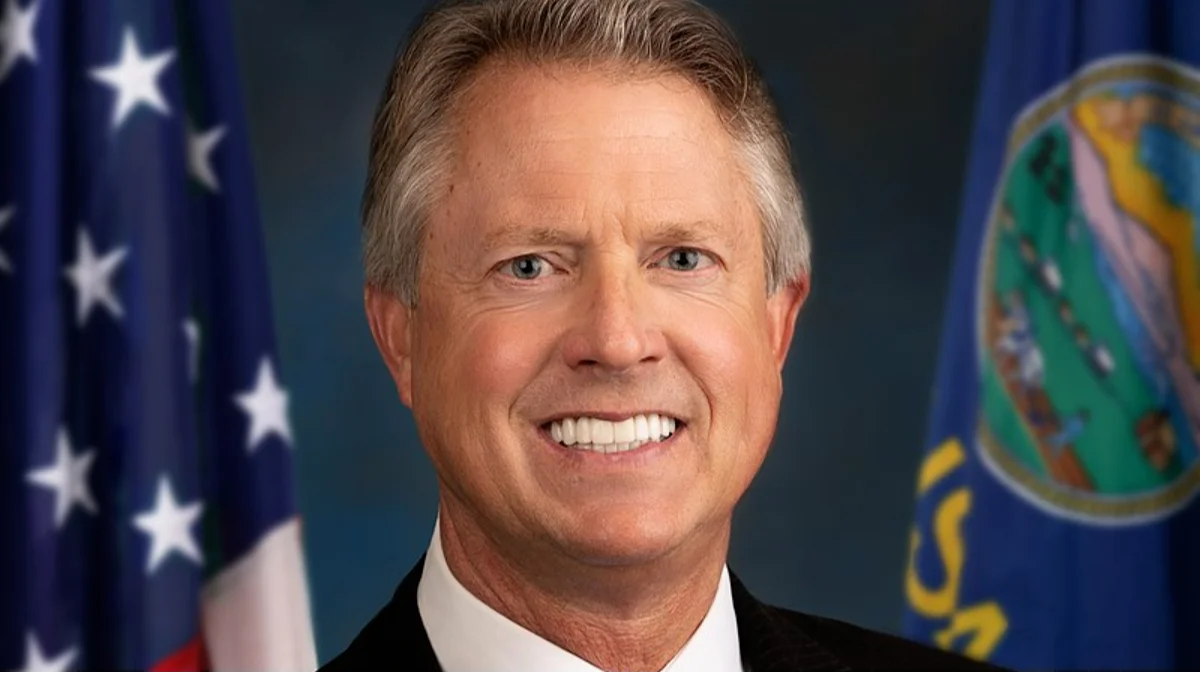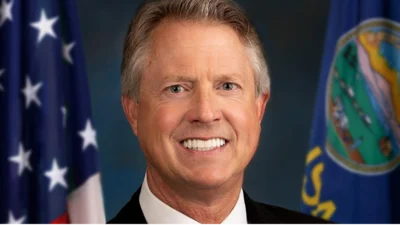Senator Roger Marshall, US Senator for Kansas | Official U.S. House headshot
Senator Roger Marshall, US Senator for Kansas | Official U.S. House headshot
U.S. Senator Roger Marshall of Kansas recently joined several key figures in Washington, including Secretary of Agriculture Brooke Rollins and Secretary of Defense Pete Hegseth, to announce the USDA's National Farm Security Action Plan. This initiative aims to protect American agriculture from foreign threats, with a particular focus on China.
In his remarks, Senator Marshall emphasized the importance of safeguarding America's food supply as a matter of national security. "America’s abundant food supply is not guaranteed. It’s a strategic asset we must fiercely protect," he stated. He also expressed gratitude towards President Trump and his administration for their support of farmers and rural America.
Marshall highlighted the significance of recent legislation aimed at bolstering the agricultural sector. The bill includes measures such as increased reference prices and permanent tax deductions that are designed to empower agricultural communities and secure family farms for future generations.
The senator also pointed out various threats faced by American agriculture, including bioterrorism and foreign ownership. He mentioned potential risks from viruses like COVID-19 targeting livestock or crops and called for vigilance against these dangers.
Kansas plays a crucial role in this effort with its Animal Health Corridor and advanced research facilities contributing to agricultural innovation. Marshall questioned why foreign adversaries have access to these resources and urged stronger protection measures.
He concluded by advocating for agriculture's inclusion in national security discussions, suggesting that the Secretary of Agriculture be part of CFIUS to better counter emerging threats related to land ownership near sensitive military installations.
Senator Marshall reiterated the need for national resolve to maintain control over America's food supply, stating that while Kansas leads in these efforts, it requires collaboration across all levels to ensure biosecurity and preserve agricultural integrity in the United States.



 Alerts Sign-up
Alerts Sign-up